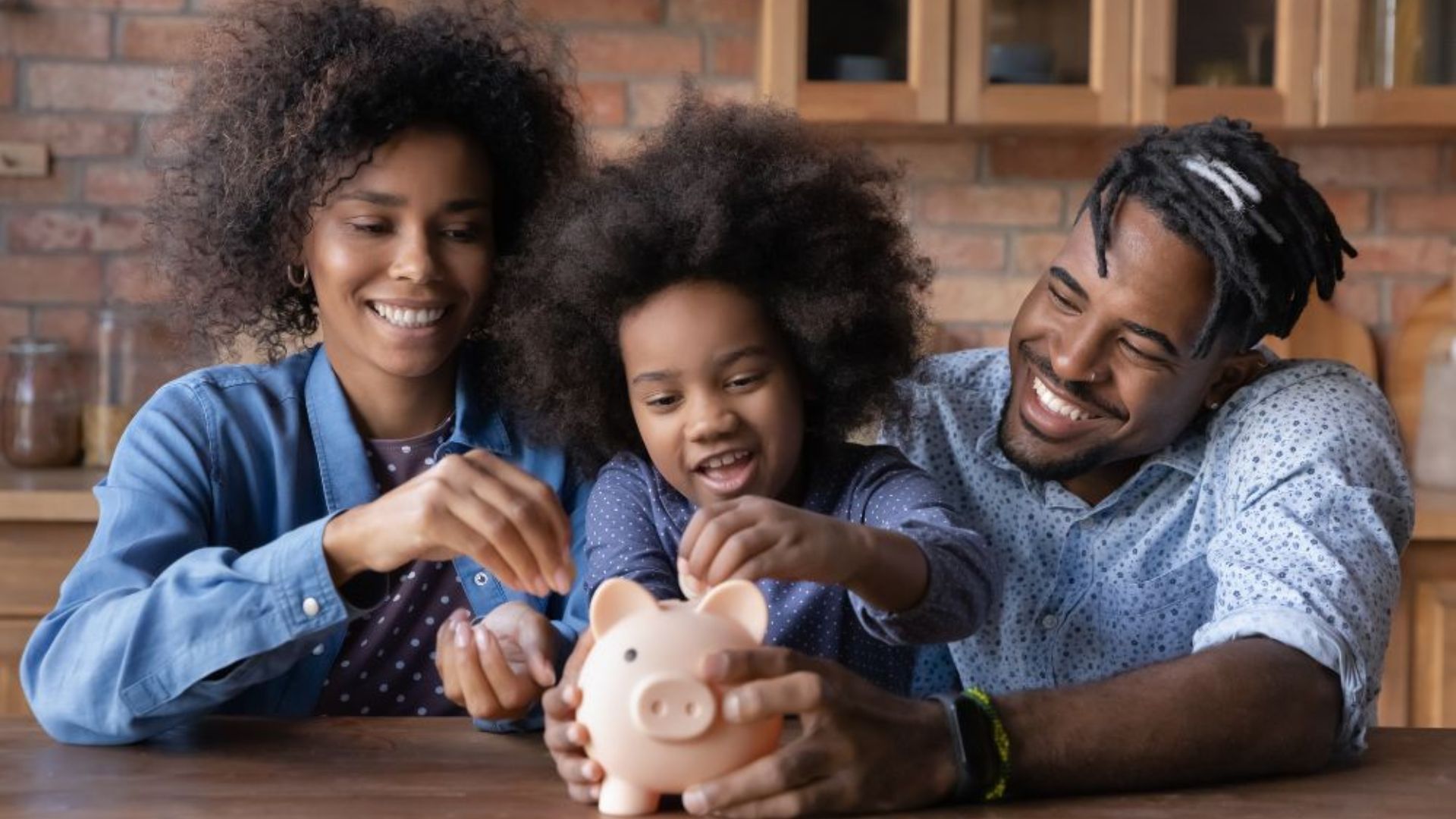What do you do when your child asks for $200 cash? Like many parents, you’re probably unsure of how to respond. Maybe you fork it over and think nothing of it. Maybe you try to instill an understanding as you hand over $10 bucks for the third time this week. Although it can be tempting to say “yes” or “no,” these responses can lead to short- and long-term problems with money management. Here are some steps that will help you teach your kids financial responsibility.
Start Early
It’s never too early to teach your kids about money, but it’s important to start early because it’s easier to change habits early on. You can use the same tools you use for yourself, teach them the lost skill of balancing a checkbook, and show them how those skills translate to online banking.
Mental math is crucial, so take every chance you get to ask them things like:
- How much change should you get back?
- How much more do you need to buy that?
- Do you need that item, or are you saving for something bigger?
Educate Frequently
One way to teach kids about financial responsibility is by educating them frequently. When you talk with your child about money, try to keep it casual and open-ended. The next time you go grocery shopping together, point out costs and let them estimate your total. They can even do fun activities with your receipt, like adding up the fruits and veggies. The more you involve them, the more they will understand the concept of money.
Get a Reloadable Debit Card
Another way to teach kids about money is by getting them a reloadable debit card. A reloadable debit card is great because it allows them to spend money that you have preloaded. This way, your child can have first-hand practice with the responsibility of debit cards and debit transactions.
As they age, you may choose to open an actual bank account. By starting with a reloadable card, your child will be more prepared than others and will understand the importance of keeping their data safe and protecting their money.
Set an Example
The best way to teach kids about financial responsibility is by setting an example. Talk about your own finances and discuss credit card usage. Your children will benefit from knowing that credit cards have a place in life, but they should use them only for emergencies and special occasions.
You should also talk about your saving goals and investments. They are already watching everything you do, so add finances to the conversation.
Teaching kids about finances is a long-term process. Your little ones will learn by example, and there are ways you can teach them, even if they’re too young for numbers and figures.
Kids need to understand how money works by the time they get their first job. If you’re looking for ways to teach your kids about money, use some of these tips and find a local banking institution to connect to.








Leave a Reply